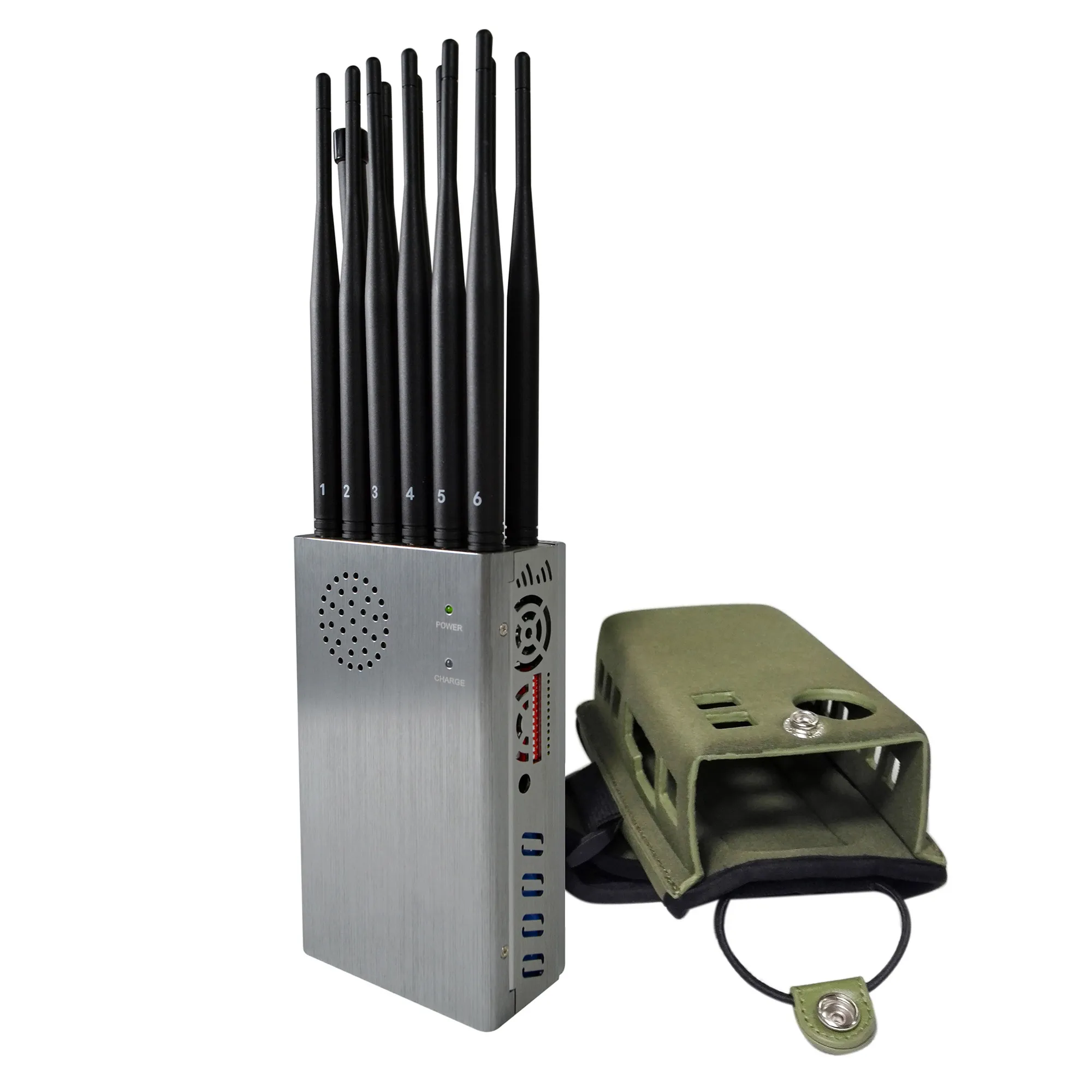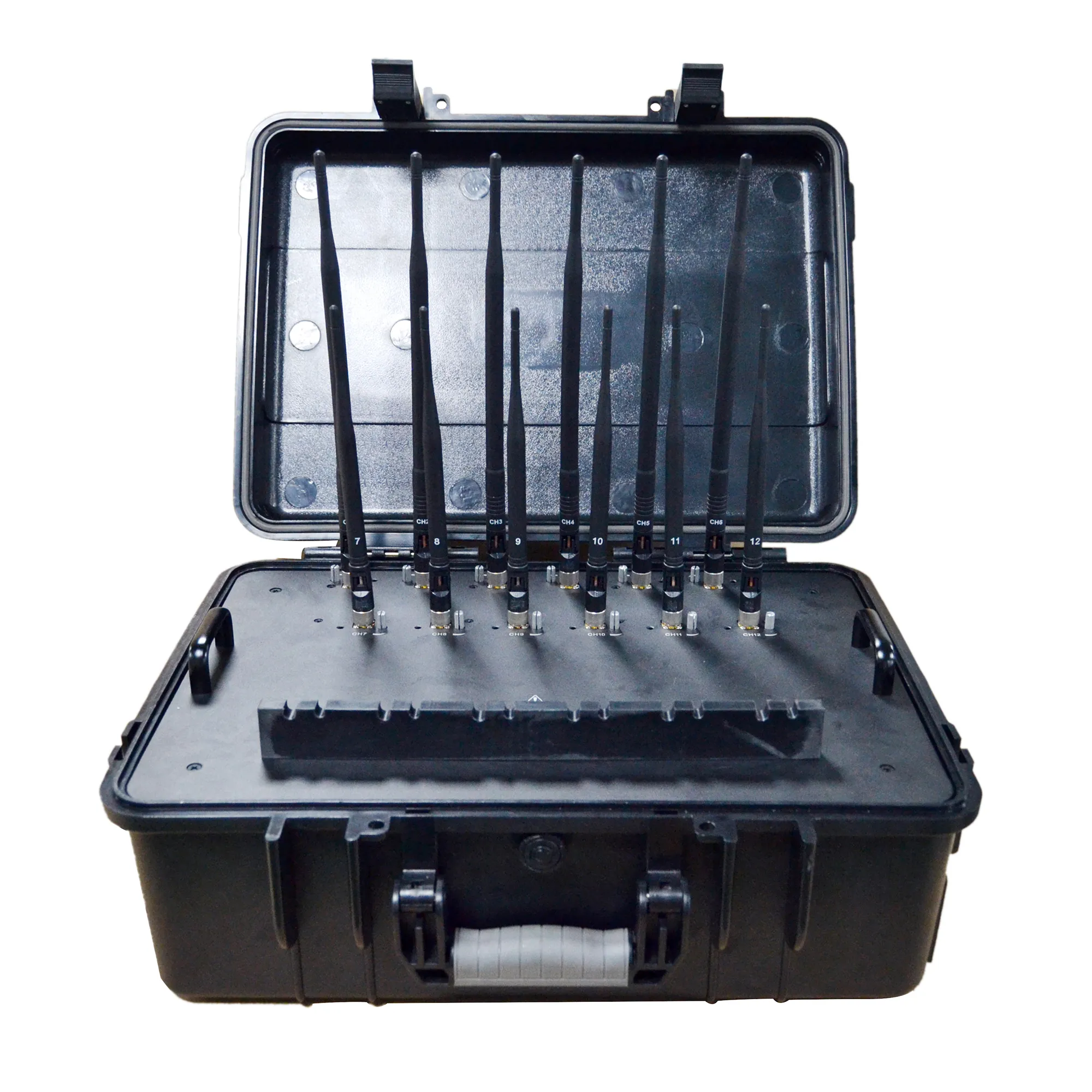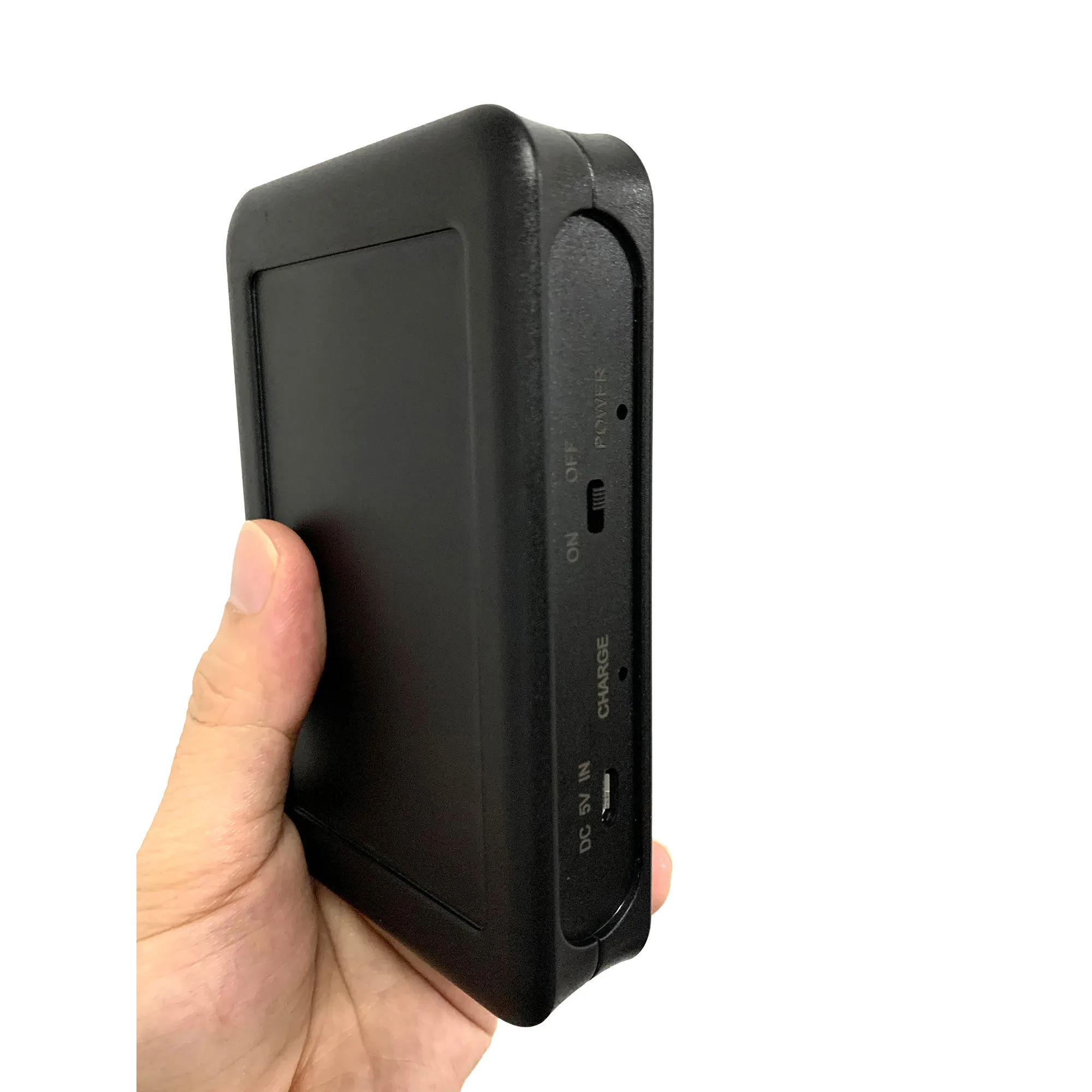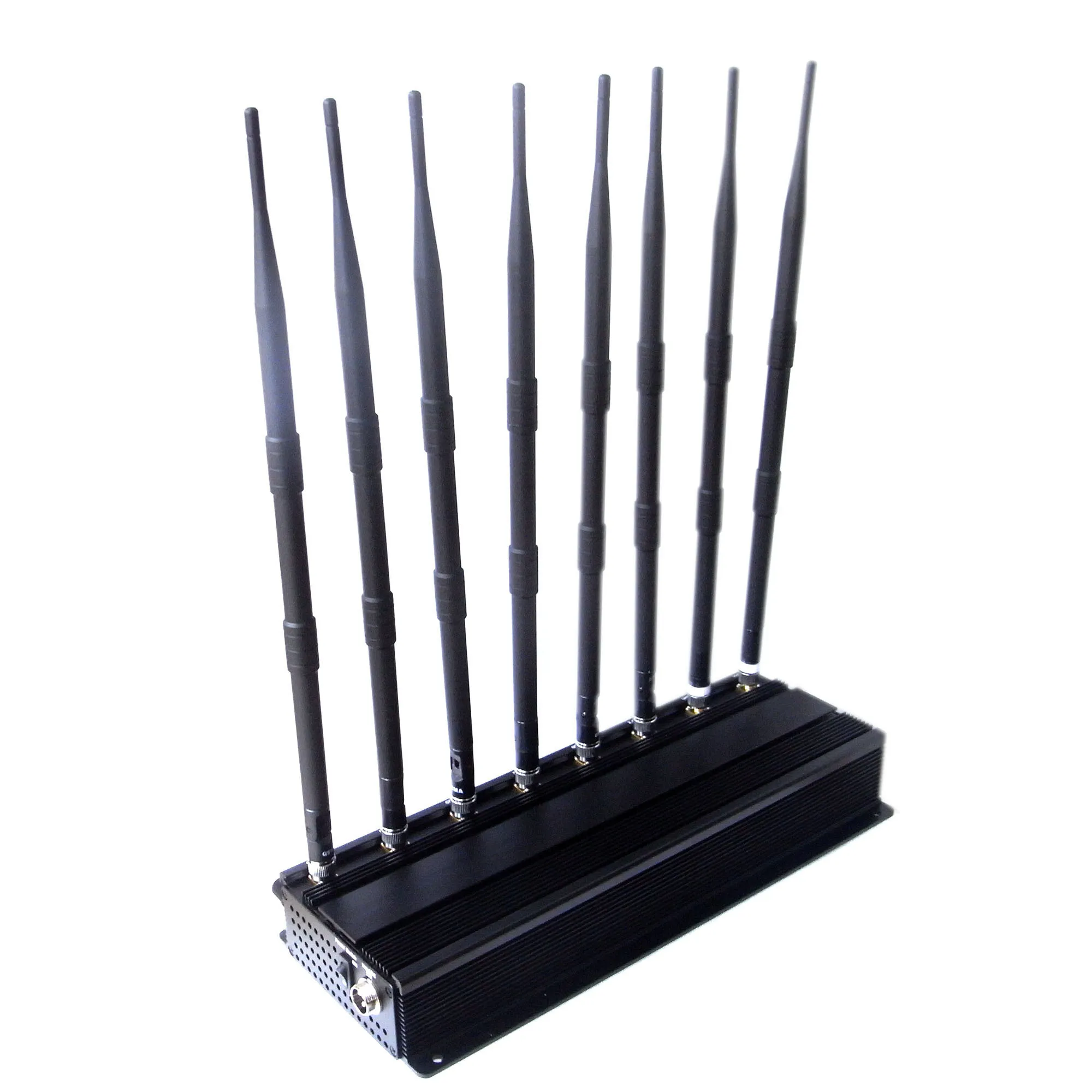A few days ago, the Chinese version of "Kokou" was held for the senior high school entrance examination. This event affected the lives of the Chinese people to a certain extent. 2020 will be held from July 7 to 8. Due to the impact of the new corona virus, many areas are behind by about a month. When testing in China, there was a problem with canning (manufactured in Chinese). A search for "test cans" revealed that every major test reported that he was arrested for trying to make cans in the test. In daily small tests, can inspection is generous. Although the ratio is small, people who do this use IT equipment for can inspection. IT equipment also has the function of mobile cell phone jammer, which can shield mobile phone signals at any time. Specifically, there is still an environment in which the captured images of the test are sent in real time via "WeChat", and part-time work solves the problem and responds.
A long time ago, a ceremony was held in China. It is said that since the Sui Dynasty, it has been confirmed that small canned paper and cloth are sandwiched between bands and books and kept in museums. It is said that during the Ming and Qing Dynasties, the number of cans increased greatly. It is said that the standard of canning is "hide" and "replace".
This is still the case. You can use IT equipment to get answers remotely without having to send replacement balls to the test site or steal canned paper. In the past, inspections were conducted through fingerprint authentication, but an incident occurred: the replacement ball used a fake finger made by a fingerprint copy machine to enter the venue, which was also used for company attendance records using fingerprints. In addition, jammer devices that use radio waves include devices with erasers or wallets, displays with displays that receive radio waves and display answers, and pens that vibrate when receiving radio waves (answers are represented by the number of vibrations).
Since such cans are reported every time a test is conducted somewhere in China, advanced test sites are trying to prevent cans by emitting interference radio waves from jammer devices, thereby preventing remote responses from mobile phones. It is not uncommon for test subjects to prepare IoT devices for canning, and the test supervisor prepares interference radio waves in advance.
In 2020, the Chinese government will also issue a notice notifying the Ministry of Education and other 10 departments to prevent canning. This is a notice corresponding to the Ministry of Information Industry to further strengthen the National Education Unified Examination Environment Sogo Jiriwa Examination Safety Work. The department instructed the local wireless management organization to strengthen inspections. Before the test, he told me that he would check the electromagnetic environment around the test site. If the house or car emits uncertain radio waves, he would go in and check.
In addition, in high-level thinking in 2020, Chinese media reported that the venue has taken three new measures to use high-tech jammer equipment. First, I flew a drone on the venue. Surveillance cameras were installed in the venue, but drones also covered blind spots. It is said that someone used a drone to spot a canning company emitting hidden signals in the dark, and used it in Zhejiang, Guangdong and Jiangsu provinces. Next, I use facial recognition instead of fingerprints and signatures. By using facial recognition to enter the test site, the inspection will become more stringent, and since the confirmation can be made faster than a human hand, long queues can be avoided and identity verification can be simplified.
Finally, use artificial intelligence (AI). Using AI can detect that the IT equipment is entering from the room temperature of the test site, and find that the behavior of the subject is abnormal. This is a technique similar to the one in the article "The latest school situation uses facial recognition to calculate attendance." In 2015, I wrote an article about the situation of canned food in China, "High-tech equipment and high-tech equipment collide with university exams-the situation of canned food in China." Measures, especially in terms of test supervisors, have been strengthened. Just like drones and AI are used to spread the infection of the new corona, the latest technology is also reflected in the can.
















